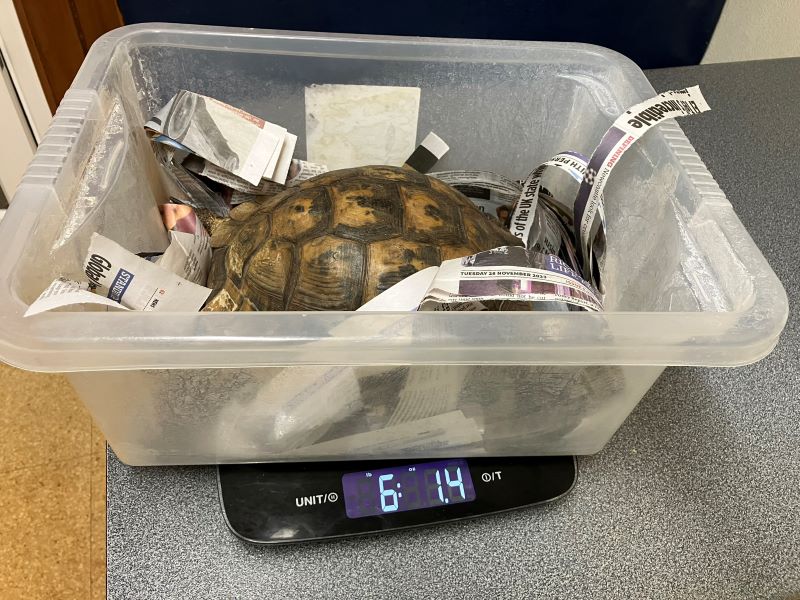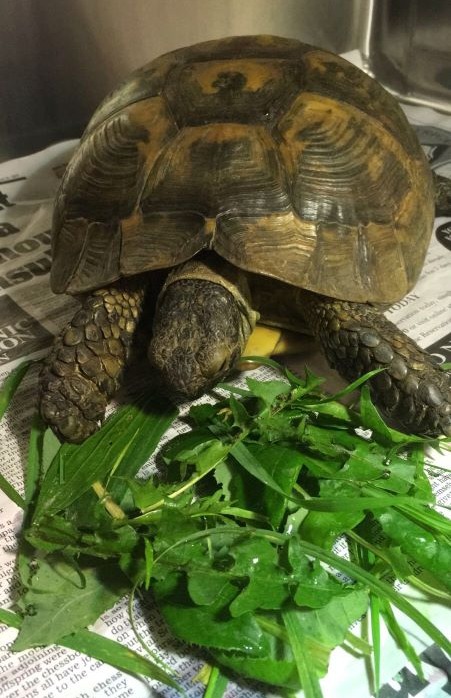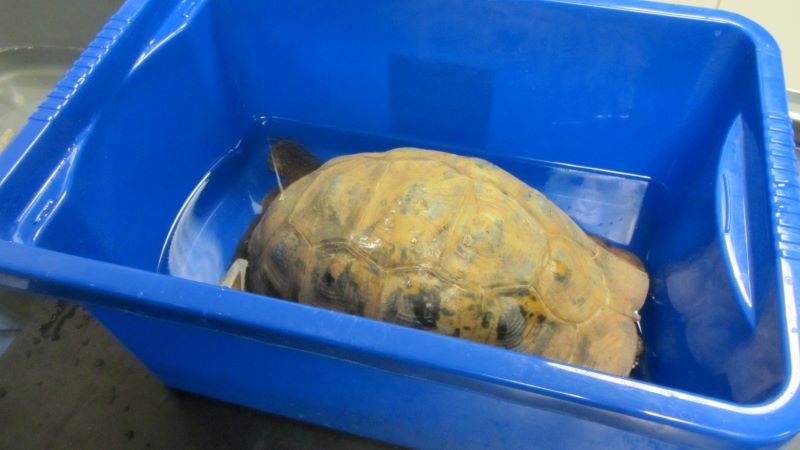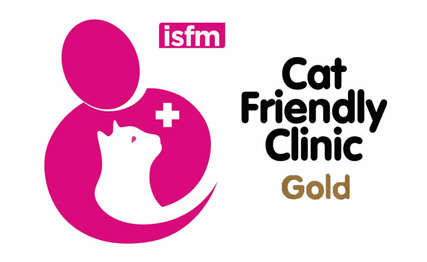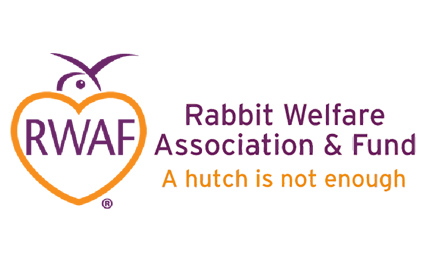24 hour contact: 020 7387 8134
Tortoise Post Hibernation
Our vet team at RVC Beaumont Sainsbury Animal Hospital have a wealth of expertise to help tortoise owners to provide the best conditions for tortoises emerging from hibernation
SPRING OFFER – FREE FAECAL TEST
Book a post-hibernation check with us between 1st March and 30th April 2025 and receive a free faecal test for your tortoise!
Faecal tests are designed to detect the presence of common parasites like pinworms and roundworms
How long does a tortoise hibernate for?
An adult tortoise will usually hibernate for 8 – 12 weeks dependant on age.
When does a tortoise start to come out of hibernation?
During March, environmental temperatures rise towards 10°C. Daylight hours get longer, so most tortoises to naturally start come out of hibernation.
When can a tortoise start to go outside after hibernation?
Spring can often be cold and wet so it is not always safe for tortoises to return to their outdoor enclosures. Gradual wake-up in a controlled indoor environment is the is the safest method to avoid shock to their system with drastic environmental changes.
What signs should I look for to show my tortoise may need to wake from hibernation?
If defecation and/or urination is seen whilst you are monitoring your tortoise during hibernation, then the process to wake them hibernation should start as soon as possible. This abnormal behaviour could indicate problems whilst hibernating.
In these cases, we’d always recommend a vet check-up to ensure your tortoise is healthy.
Tips for waking your tortoise up from hibernation
When it’s time to wake up, your tortoise's hibernation box should be moved from their hibernation area to a safe, warm (20-25°C), and light indoor space and left to gradually warm up for the next few hours.
After a few hours of warming, your tortoise should start to stir in their hibernation box.
If your tortoise is not active after 24-48 hours then please consult your vet for advice.
Common health issues post-hibernation
- Eyesight issues (including cloudiness and blindness)
- Respiratory issues
- Lethargy
- Wounds
- Anorexia
- Lack of appetite*
- Lack of faeces or urine*
. * If your tortoise is not eating or passing faeces or urine for 7 days post-hiberation, then please book an appointment with your vet
Post hibernation tortoise healthcare and owner checks
Mouth
Any dust or discharge can be gently removed using warm water and cotton wool/cotton buds. Your tortoise’s mouth should be pink with no beak abnormalities.
If the tongue looks white and ‘fluffy’ it may indicate stomatitis (inflammation of mucous membranes) and should be seen by a vet for assessment and treatment.
Weight
It is important to monitor your tortoise's weight during this post-hibernation period. Keeping a record of their weight helps to monitor for any early signs of ill health. If they have lost weight initially after hibernation, please contact your vet for advice.
Bathing
A warm bath is next for your tortoise. Warm water in a safe, high sided container is the most suitable environment with the water level being just below your tortoise’s chin; this way your tortoise will be able to drink, as well as safely holding their head up out of the water.
A 20-30-minute bath twice a day for the first 2 weeks is a great way to rehydrate your tortoise
Bathing also encourages defecation and urination. A thick 'egg white' fluid may be produced during bathing, this is normal. If your tortoise does not produce any faeces or urinates after 7 days, then a trip to your vet is recommended.
Warmth and light
After bathing your tortoise should be moved to an area where your tortoise can be kept warm using a supplemental heating. Initially, their environmental temperature should be gradually increased over the next week- generally getting to around 32-35°C in the warm basking spot. It is essential to slowly increase their environmental temperature, do not rush this process!
Tortoises should be kept in a temperature-controlled environment with full spectrum lighting. If outdoor tortoises, they should remain inside until the weather is consistently warm enough for them to be out; they should be returned into their indoor enclosures or safe, secure outdoor enclosures at the end of the day.
Food
Once warmed and hydrated, your tortoise will need feeding. This may be a slow process, so offering tasty but light foods (eg leafy greens) initially and then their favourite foods is encouraged.
Once eating, your tortoise can be slowly moved back onto their regular, varied diet. Your tortoise should be eating well by 7 days after waking them from hibernation; if this is not the case, please book an appointment vet.
Refs:
https://www.tortoisetrust.org/articles/wakingup.htm
https://www.henleyvets.co.uk/info-sheets/tortoises-waking


